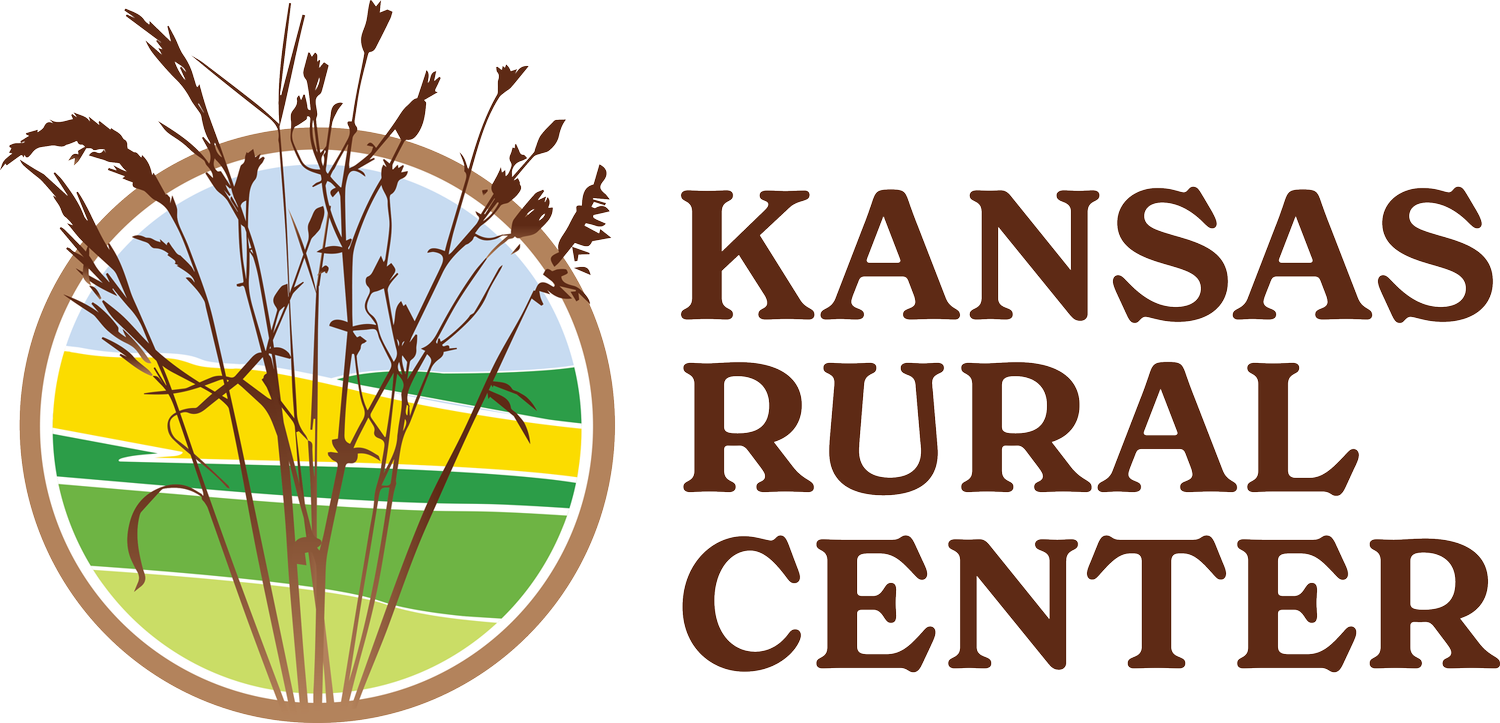Selling Local Food Product to Schools
At the 2022 KRC Food and Farm Conference I led a discussion on selling local products to schools, an idea that is a central part of the concept referred to Farm to School. Farm to School also often incorporates school gardening and classroom lessons on food production. This session was based upon the “Bringing the Farm to School” curriculum developed by the National Center for Appropriate Technology (NCAT) and the National Farm to School Network.
This training framework helps producers develop understanding of the school market for local foods and learn about the opportunities and some of the challenges of selling to schools. The presentation covered some of the benefits of schools sourcing local farm products including the support for local farmers, businesses and economies, improved school meal quality with fresh products and increases kids’ willingness to try new fruits and vegetables. We also explored some of the common misconceptions about selling local foods to schools. Contrary to common understanding there are no federal regulations specifying that local producers must have certain food safety qualifications to sell to local districts. Those rules are set up at the state and local level. Another common misconception is that school districts can only buy in large quantities or through a sealed procurement bidding process. There are opportunities for districts to buy smaller quantities through micro and small purchase programs. These could include one-time purchases for a locally focused meal or smaller quantities for things like a school salad bar.
Finally, sometimes people think Farm to School only covers local vegetables. While there are specific nutritional standards that might make it easier for farmers to sell certain products, like orange vegetables, schools can source any part of a school meal locally. Perhaps the big takeaway from the conference session is that schools can be a good market for farmers, even those who produce on a limited scale, but producers must take some effort to connect with and learn about the individual school food authorities around them. There is a lot of flexibility in what schools can buy and in what quantities they need products so farmers need to take time to get to know the food purchasers in the school systems in their area. Likewise, the types of food preparation facilities available varies greatly between school districts (or school food authorities), which can impact the types of products they are interested in purchasing. One participant noted that a common problem faced by most districts in Kansas right now is low staffing on food service personnel. This means schools might be inclined to opt for food that is easier or less time- consuming to prepare, but again that all depends on the district. So schools might be a consistent market for farmers but farmers need to do homework first about the needs and wants of the school food authorities in their area. One tool for a good first step for producers to start that process is digging into the USDA Farm to School Census. The Farm to School Census is separate from the regular Census of Agriculture, and covers school food authorities across the country and collects informationabout what school districts are already buying local foods and where there is interest in buying more. You can browse the data for yourself at https://farmtoschoolcensus.fns.usda. gov
If you are interested in more information on producing for schools check out the “Bringing the Farm to School” producers resource page at: https://www.farmtoschool.org/our- work/bringing-the-farm-to-school- producer-resources There is a complete workbook on that page to help guide producers through market investigation and production planning for selling to schools.
One more note, many states have statewide farm to school policies that support Farm to School efforts, so that might be something that Kansas can adopt in the future, as these policies are a win for local districts and the local economy. We will keep KRC supporters of opportunities to support such policies in the future.
To keep in touch with the latest farm to school information for Kansas, KRC is building out a resource page that is at: www.ksfarmtoschool.org.



